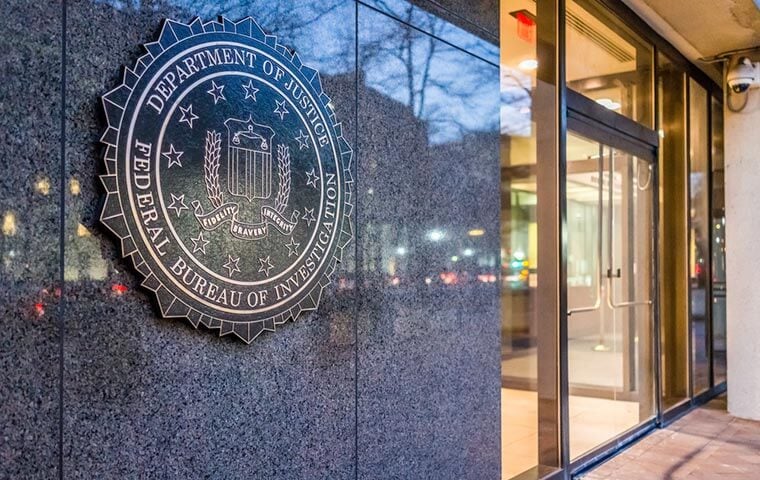 About half of respondents said instructors criticized female trainees more than male trainees doing the same job. Image: Kristi Blokhin/Shutterstock.com
By: FEDweek Staff
About half of respondents said instructors criticized female trainees more than male trainees doing the same job. Image: Kristi Blokhin/Shutterstock.com
By: FEDweek StaffAn IG report on the FBI’s training process for new special agents and intelligence analysts has found disparate treatment by gender, including that female trainees received a disproportionate number of performance citations and were dismissed at rates higher than expected based on their share of the population.
“Significant percentages of both male and female trainees described particular training areas in which they perceived that men and women were treated differently,” said an evaluation of the 2015-2020 classes at the training academy in Quantico, Va.
For example, 43 percent of female new agent trainees “believed that men were treated more favorably during the assessment and evaluation aspects of tactical training”; 45 percent “reported being evaluated differently because of their gender”; and 48 percent “stated that instructors criticized female trainees more than male trainees who were doing the same job.”
“In addition, we found that male and female trainees surveyed and interviewed experienced a negative training environment and had unprofessional interactions with instructors. Specifically, 50 percent of female survey respondents stated that instructors told sexist stories or jokes,” it said.
In addition, in our survey and interviews of male and female trainees, a substantial number of women reported inappropriate behavior and
It also found that only two women served as tactical or defense tactics training instructors during the period. “We believe that having more female instructors would have a positive effect on training for men and women by creating an environment in which NATs feel more comfortable approaching and receiving instruction and feedback from a variety of instructors,” it said.
In its comments, FBI management agreed with recommendations that it review training to identify and address gender equity differences; collect and evaluate feedback from trainees, increase transparency of the evaluation process; review whether its training for instructors “appropriately addresses professionalism and bias”; and develop a plan to increase the recruitment of women as tactical and defensive tactics instructors.
Key Bill Takes No Action on Potential Future Schedule F
DoD Bill Assumes 4.6 Percent Pay Raise, Includes Range of Other Provisions
End of Open Season Approaching – Last-Minute Considerations
Court Rejects Claims for Back Pay Related to Shutdowns
Deadlines ahead for FLTCIP Enrollments, Filing Claims over Data Breach
HHS, GSA Top the Rankings in Viewpoint Survey for Agencies Their Size
It’s Déjà vu Again as Funding Deadline Approaches; DoD Bill also Still Pending
First Move Made against IRS Funding, Employment Boost
TSP Stock Funds Post Returns to Be Thankful For in November
Extra Time Off around Christmas Holiday Unlikely This Year
Late-Year Retirement Considerations: 2022 Has Advantages for Feds
See also,
The Process of Retiring: Check Your Agency’s Work
Early Marker for 2024 Raise Set: 5.2 Percent
Pay Attention to Family vs. Self Plus One Rates in FEHB, OPM Advises
FERS Retirement Planning Bundle: 2022 FERS Guide & TSP Handbook

